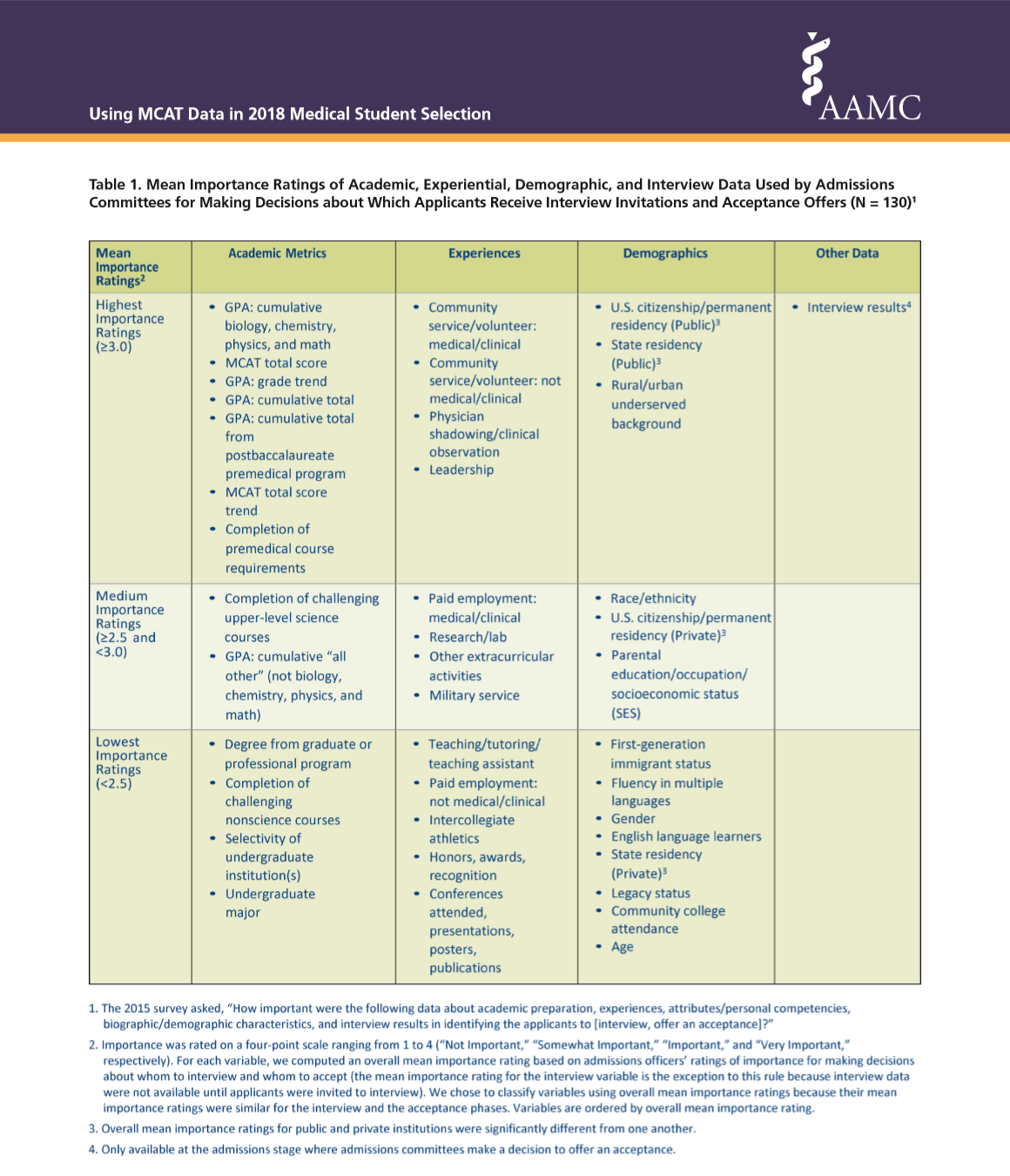Every school is going to do it a bit differently but basically, it goes like this:
- Application including secondary and letters of recommendation (LORs) are received.
- Application is screened for basics like state residence (if that matters -- it is important to some schools), GPA, MCAT (e.g. you aren't getting in with a 2.1, 480 regardless of who you know).
- Application is passed along to one or more reviewers. Reviewers use a rubric to score the application after reviewing essays, experience, LORs. They may also write comments including requests that certain things be asked during the interview. This is not going to be subjective because there is a rubric. If there are two reviewers, inter-rater reliability can be determined and unreliable raters can be retrained. The reviewers may be faculty, staff, alumni, and/or students.
- Person(s) tasked with selecting applicants for interview based on reviews make(s) interview invites. This could be the Dean of Admissions or a team effort.
- Applicant is interviewed and Interviewer(s) write report(s) The interviewers may be faculty, staff, alumni, and/or students.
- Group members review the original application, the application review/rubric, interviewers' reports and score the applicants. This group may or may not include application reviewers and interviewers. Discussion follows, particularly if the scores assigned by group members include outliers.
- Based on average of group member scores, Adcom members make decisions about offers, waitlist, reject. The Adcom (Admissions Committee) must be comprised of faculty of the medical school. (Accreditation requirement)
The Dean or Director of Admissions is responsible for developing policies and rubrics, recruiting and training group members, reviewers and interviewers, serving as the public face of the admission committee and sitting on the Dean's Council. The Dean might take an active role in recruiting applicants, particularly during the interview day, may be the decision maker regarding interview invites, may have decision-making role in chosing applicants from the waitlist.
The Dean of Admissions cannot unilaterally admit an applicant. The Dean is going to have to answer to someone if an unqualified applicant is admitted and then does poorly so an expectation that a VIP's kid will be admitted because the Dean wants to do that is mostly fantasy.

